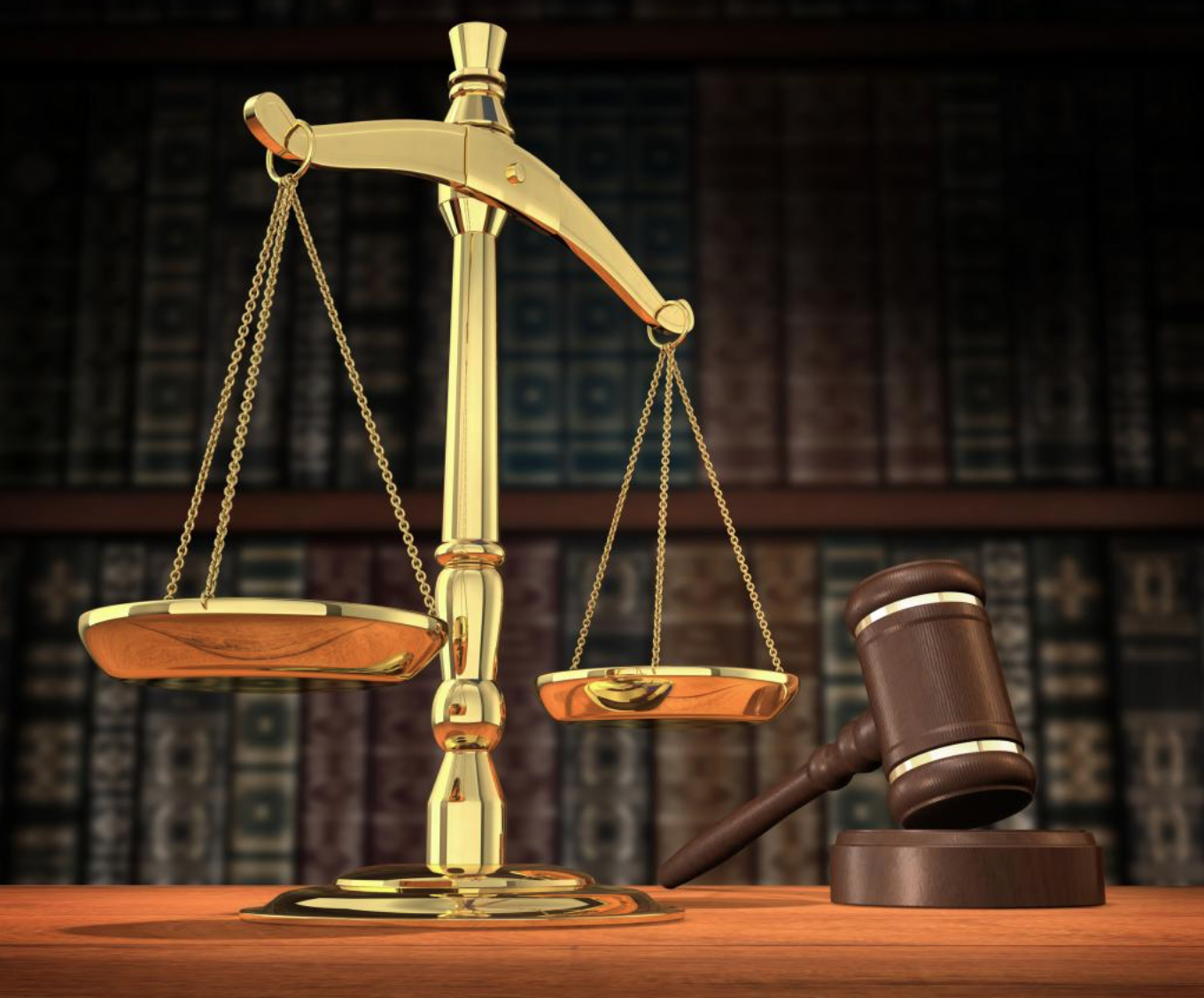The Court Security Act 1980 provides a prohibition to record your own personal affairs in a court setting. But in reality is this true? In Kyriazis v County Court of Victoria [2017] VSC 636, Mr Kyriazis insisted he could record his own personal affairs for his own record, after many heated exchanges with the County Court on the topic Mr Kyriaziz reviewed the decision of the court he was unable to record. Upon review the Supreme Court factored in the fundamental importance of ensuring court security, the principles of open justice and free communication of information under the common law and the right to freedom of expression in all of its elements in s15(2) of the Charter (See Below). Mr Kyriazis was now able to record all his personal affairs in the Victorian Courts.
COURT SECURITY ACT 1980 - SECT 4A
Offence to record proceeding
(1) A person must not intentionally make a recording of a proceeding except in accordance with subsection (2), (3) or (4).
Penalty: 20 penalty units.
(4) A person may make a recording of a proceeding if—
(a) express written permission is given by a judicial officer, whether in respect of—
(i) a specific proceeding or class of proceedings; or
(ii) generally; or
(b) required by or authorised under any other Act or subordinate instrument; or
(c) the recording is of a prescribed class of recordings.
CHARTER OF HUMAN RIGHTS AND RESPONSIBILITIES ACT 2006 - SECT 15
Freedom of expression
(2) Every person has the right to freedom of expression which includes the freedom to seek, receive and impart information and ideas of all kinds, whether within or outside Victoria and whether—
(a) orally; or
(b) in writing; or
(c) in print; or
(d) by way of art; or
(e) in another medium chosen by him or her.
5 pages.
VSC 636 (26-10-2017) Bell.J Bill won as gave prior notice to record"]
